In my last article, we discussed the value of developing a new normal in the face of the current shelter in place order. Developing 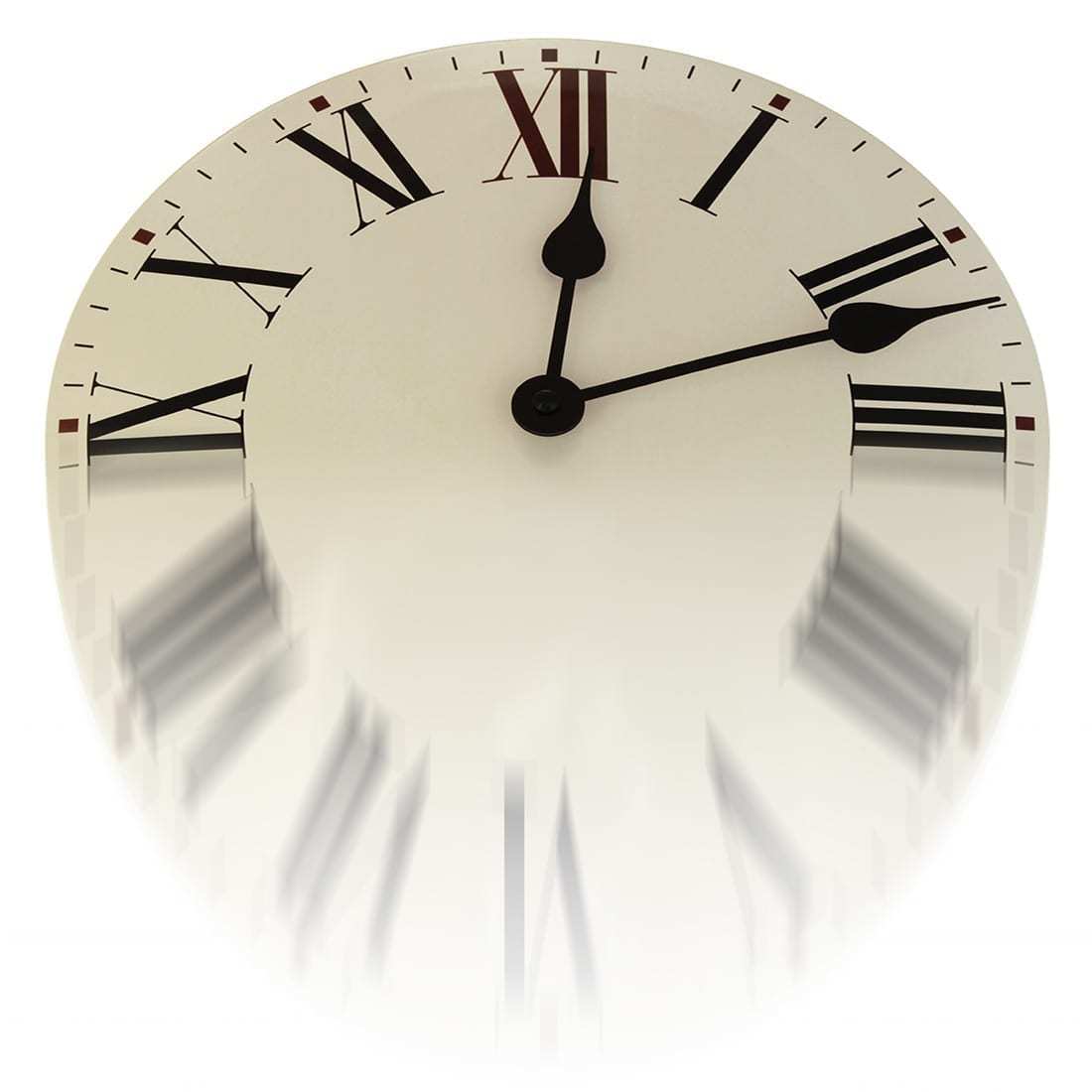 a new daily routine during this current crisis is an invaluable way for us to avoid feeling overwhelmed or feeling out of touch. It is also an essential way for us to increase our sense of productivity and mental stability.
a new daily routine during this current crisis is an invaluable way for us to avoid feeling overwhelmed or feeling out of touch. It is also an essential way for us to increase our sense of productivity and mental stability.
For example, it is common for people who are isolating to feel that the world has come to grinding to a halt, and in essence, time has similarly started to lose its meaning.
More than one client has told me that their week is merging into what they perceive to be one long never-ending period of time. Monday blends right into Sunday, and mornings become late evening just as fast.
 This situation can occur when we are missing our former busy schedules that demanded we maintain a strict account of our time. So, it is essential that in setting up our new normal, we look at developing some routines around keeping a new daily schedule.
This situation can occur when we are missing our former busy schedules that demanded we maintain a strict account of our time. So, it is essential that in setting up our new normal, we look at developing some routines around keeping a new daily schedule.
Also, by incorporating the ideas shared in this article and the ones to come, you will be ready to move back into your new work schedule once the area opens up.
In this article we will begin taking a look at our sleep patterns, a foundational aspect of our lives. We will discuss the science behind sleep and then look at how we can maximize a sleep routine that will pay back dividends in productivity and enhance mood.
How much sleep do I really need?
Researchers have found that sleep plays an essential role in just 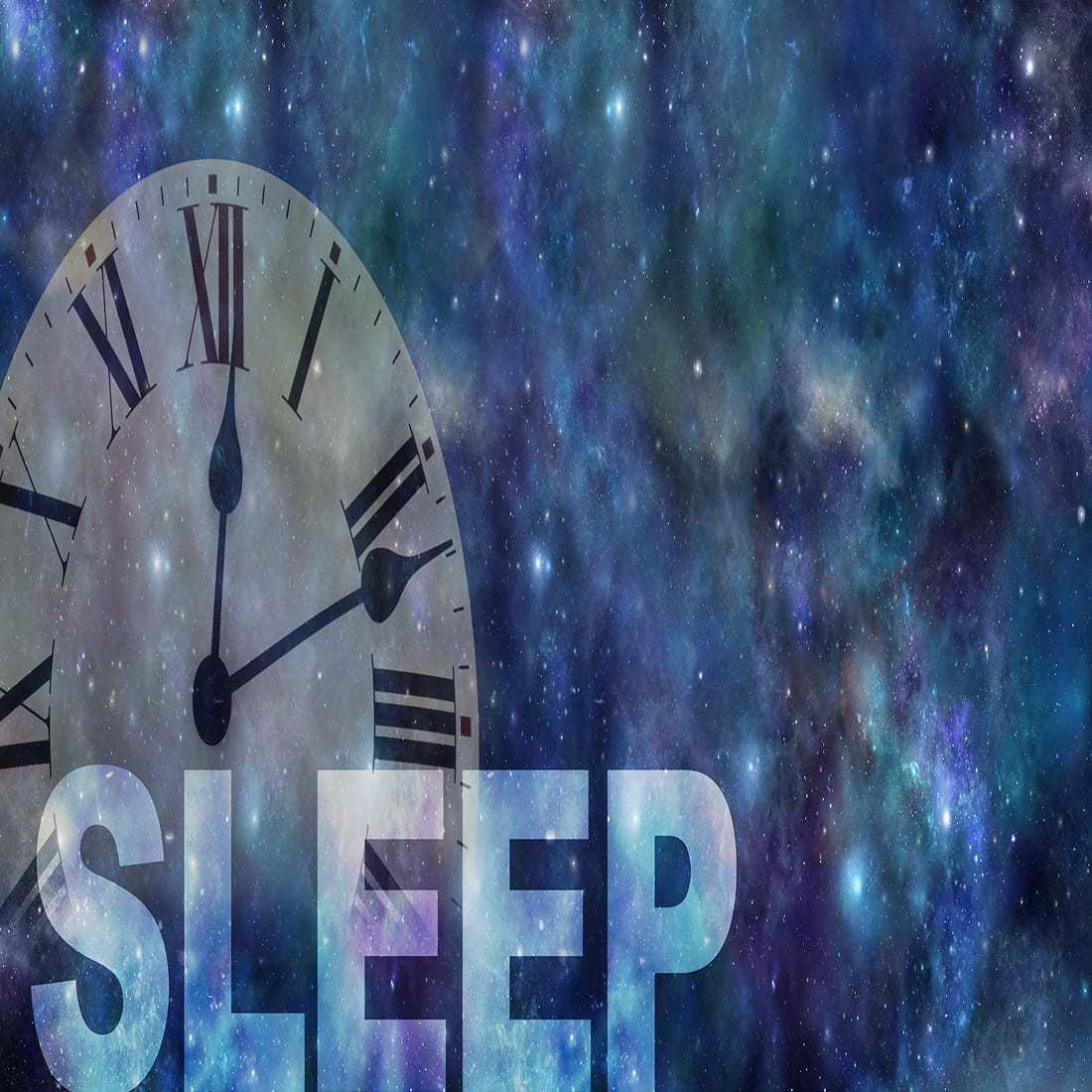 about every organ system in your body. Since the late 1930s, various studies have shown that most adults, on average, need between a low of six hours to as much as nine hours of sleep, depending on individual physiology.
about every organ system in your body. Since the late 1930s, various studies have shown that most adults, on average, need between a low of six hours to as much as nine hours of sleep, depending on individual physiology.
Recently, researchers Amita Sehgal and Emmanuel Mignot have begun investigating how our genetic makeup affects the amount of sleep we individually need. In other words, the amount of sleep can vary based on our genetics.
Now, we are going to see how maximizing and managing our sleep cycles is one of the most important things we can do to establish a new normal, feel and perform better, and even reduce the effects of aging.
What you need to know about sleep cycles
Maintaining a healthy sleep pattern is an excellent way to restore a sense of control over your day and improve your health. The point here is to balance any extreme sleep patterns. Waking up and going to sleep at the same time every night even on weekends will give you better energy levels throughout the day and uplift your mood.
Not getting enough sleep is just as bad as sleeping too long. Nonetheless, it is not uncommon to oversleep when we don’t have anywhere to go or any pressing obligations to get us moving.
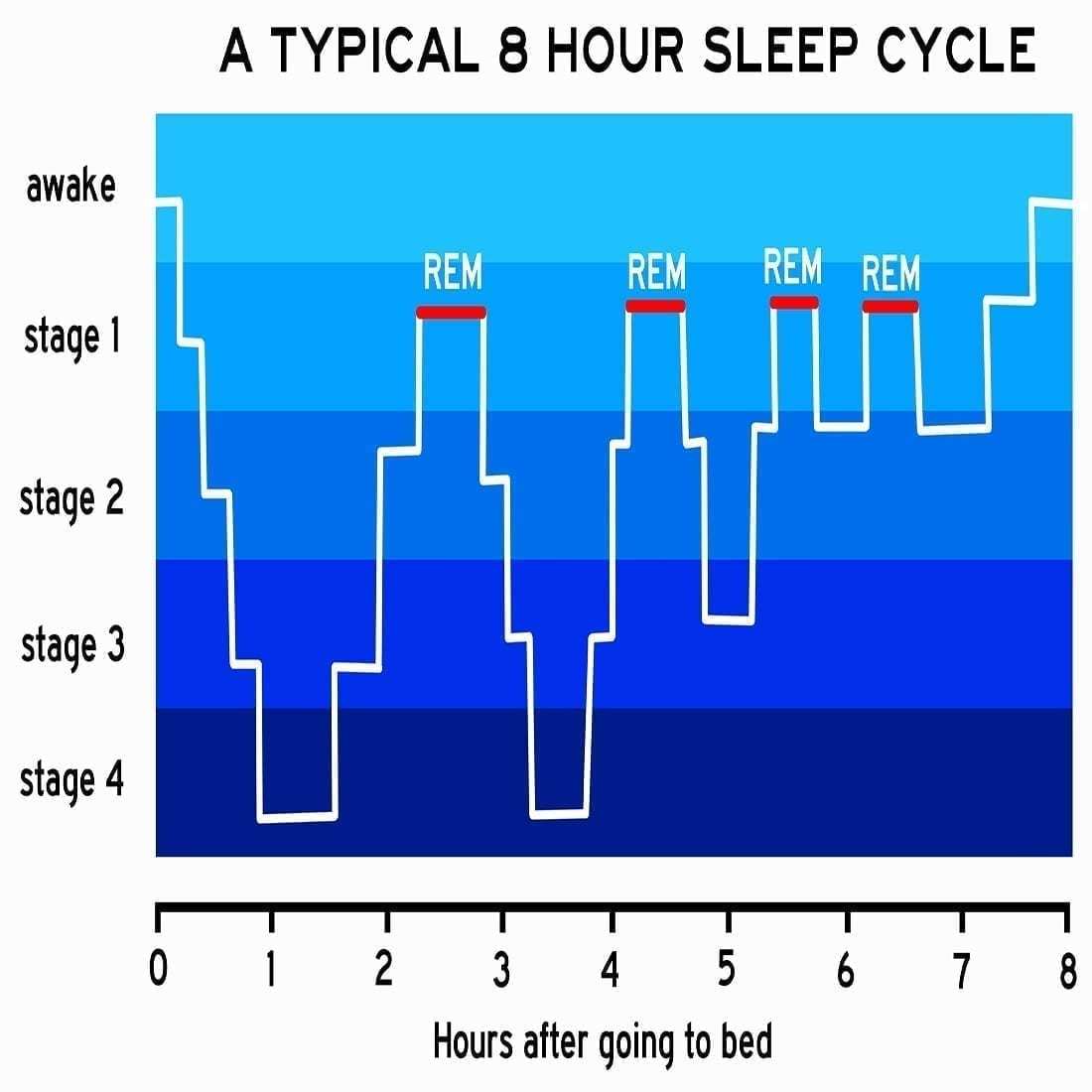 When we start to sleep, we cycle through 3 stages of sleep, what is called non-REM sleep, and then move into the REM (rapid eye movement) phase of sleep.
When we start to sleep, we cycle through 3 stages of sleep, what is called non-REM sleep, and then move into the REM (rapid eye movement) phase of sleep.
The REM stage first occurs after 90 minutes of falling asleep and is the point of deep sleep where we dream.
Both non-REM and REM sleep are vastly essential for memory and learning.
From the moment you fall sleep until you are fully awake, individuals cycle through all stages of non-REM and REM sleep several times during a typical night, with increasingly longer, deeper REM periods occurring toward the morning.
Therefore, the goal is to maximize your REM cycles by avoiding activities and situations that may shorten these cycles. The average person will experience five to six REM cycles.
As we reach our mid-30s and beyond, research has shown that 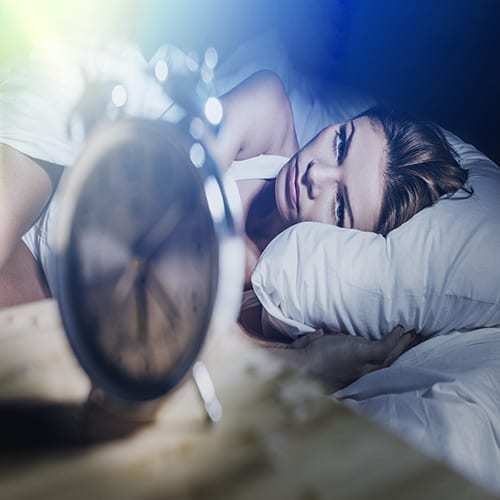 parts of our brain that deal with regulating sleep start to decay, and this leads to decreases in the amount of REM sleep we experience.
parts of our brain that deal with regulating sleep start to decay, and this leads to decreases in the amount of REM sleep we experience.
After age 60, nighttime sleep tends to be shorter, lighter, and interrupted by multiple awakenings. Also, it is not uncommon for elderly people to have trouble sleeping due to the medications they are taking.
Nonetheless, it is important to know that health issues can also arise when there is a decrease in the number of REM cycles, and we should not accept a lack of sleep because it can increase cardio health issues and depression.
Track your sleep patterns
Having specific details about your sleep patterns and your daily habits will help you and your health providers understand more about your sleep.
You want to keep a daily record of:
-
The hours you slept each evening

-
Any sleep disturbances or disruptions that caused you to wake up in the night
-
How you felt the next day (your energy level on a scale of 1-10)
-
How much caffeine or alcohol you consumed that day
-
The medications you took
-
Exercise you performed
You can keep track of these activities by simply writing them in a journal, or you can use an app like Sharecare for iPhone or Android.
When clients show me this type of information, I usually can notice patterns and come up with a treatment plan. Furthermore, this is very helpful when coordinating treatment with your primary health care provider.
Many times, my clients tell me that they start to notice problem areas on their own, and together we come up with ways that we can improve their sleep.
Sleep mechanisms
There are two internal biological mechanisms that work together to regulate your wake and sleep cycle. They are referred to as the circadian rhythm and homeostasis sleep drive.
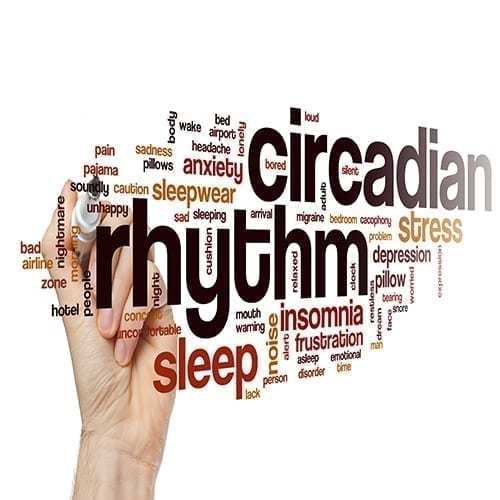 Your circadian rhythms direct a wide variety of functions, including daily fluctuations in wakefulness, regulating body temperature, metabolism, and the release of hormones.
Your circadian rhythms direct a wide variety of functions, including daily fluctuations in wakefulness, regulating body temperature, metabolism, and the release of hormones.
The circadian rhythms also control your timing of sleep and cause you to be sleepy at night and your tendency to wake in the morning without an alarm. Our biological clock runs on a roughly 24-hour day and controls most circadian rhythms.
It is essential to understand that our circadian rhythms can be effected by environmental cues such as light and temperature.
The second biological mechanism is the sleep-wake homeostasis. This system keeps track of your need for sleep. The homeostatic sleep drive is responsible for causing the body to sleep after a specific time and regulates the intensity of your sleep. It is this sleep drive that makes you feel sleepier every hour you are awake and causes you to sleep longer and more deeply after a period of sleep deprivation.
These biological mechanisms can be thrown off by external factors. For example, when people fly to different time zones, their circadian rhythms become disrupted because their internal clock doesn’t match the time zone they are in.
However, conflict can also arise when time demands keep you from following your body’s sleep signals. When this occurs, it can significantly disrupt your typical sleep pattern.
During these times of COVID-19, it is not uncommon for people to have their sleep cycles also affected by:
-
Anxiety
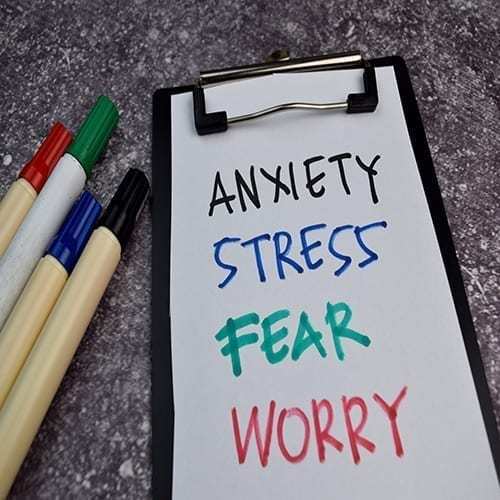
-
Stress
-
Depression
-
Isolation
-
Financial stress
-
Interpersonal concerns
These are not issues to be taken lightly. Should you or someone you care about be struggling with these issues, please seek professional help. In my office I provide treatment for many sleep related concerns, and coordinate treatment plans with your primary health provider. You are always welcome to call my office for an appointment and discuss your concerns.
In this post we have taken a very basic and general view of sleep. We have looked at the cycles and patterns that affect sleep as well as what can begin to cause sleep problems.
Nonetheless, please take note that there are also some very serious sleep disorders that can occur and require medical treatment. This is why it is crucial to discuss any sleep related problems with your primary care physician. Taking action now to address these concerns can offset future medical complications.

